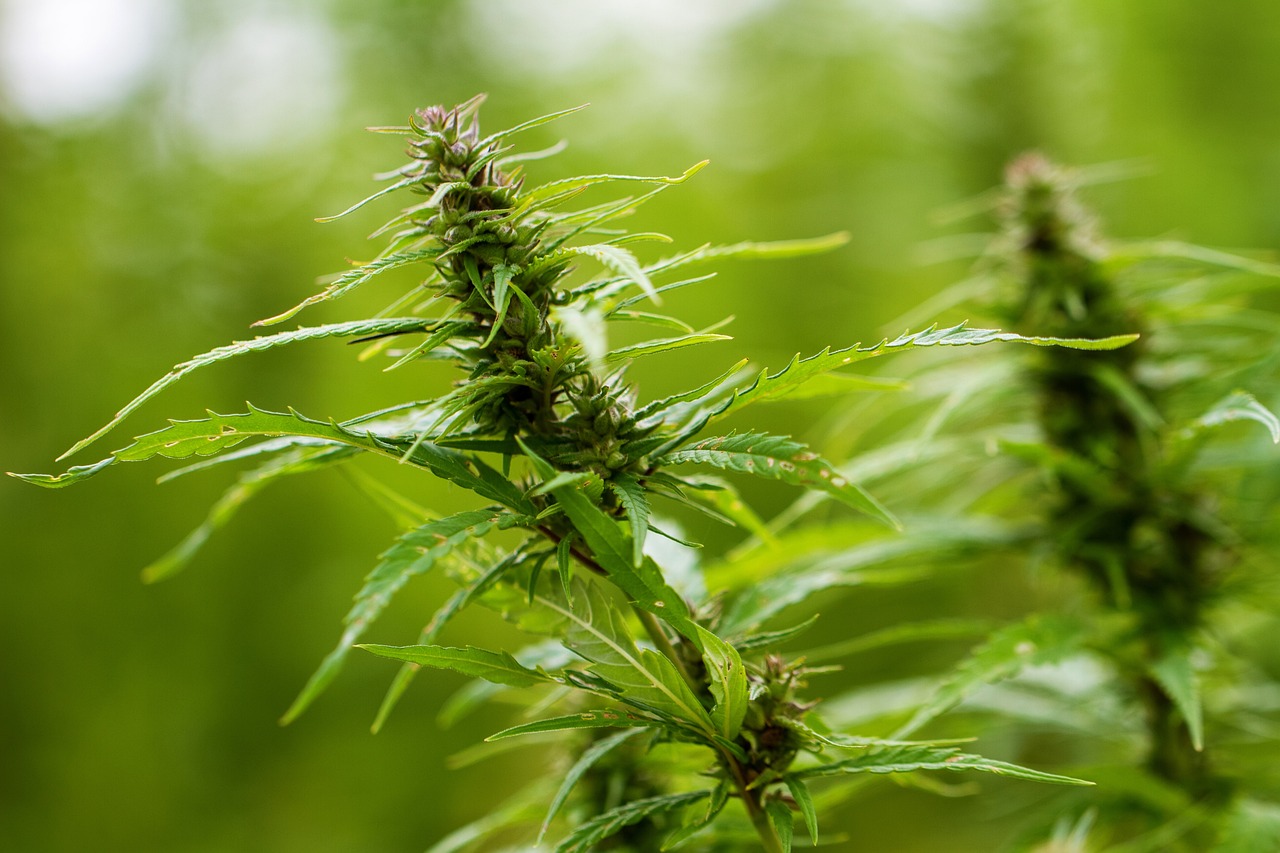Unlock the Benefits of THCA Flower
In recent years, the cannabis industry has seen a surge in interest surrounding various cannabinoids and their potential benefits. Among these, THCA (tetrahydrocannabinolic acid) has emerged as a compound of significant interest. Unlike its more famous counterpart THC, THCA is non-psychoactive, offering a range of potential health benefits without the high. This article explores the advantages of THCA flower, providing insights into its uses, benefits, and the science behind it.
Understanding THCA: The Basics
THCA is a naturally occurring cannabinoid found in raw and live cannabis information. It is the acidic precursor to THC, meaning it converts to THC when exposed to heat through a process called decarboxylation. This transformation is what typically happens when cannabis is smoked or vaporized. However, when consumed in its raw form, THCA does not produce the psychoactive effects associated with THC.
The Science Behind THCA
Research into THCA is still in its early stages, but preliminary studies suggest it may offer a variety of health benefits. THCA interacts with the body’s endocannabinoid system, which plays a role in regulating various physiological processes. This interaction is believed to contribute to its potential therapeutic effects.
Potential Health Benefits of THCA Flower
While research is ongoing, several potential benefits of THCA have been identified:
- Anti-inflammatory Properties: THCA may help reduce inflammation, making it a potential option for those suffering from inflammatory conditions such as arthritis.
- Neuroprotective Effects: Some studies suggest that THCA may have neuroprotective properties, which could be beneficial for neurodegenerative diseases like Alzheimer’s and Parkinson’s.
- Anti-emetic Benefits: THCA has shown promise in reducing nausea and vomiting, which could be helpful for patients undergoing chemotherapy.
- Appetite Stimulation: Similar to THC, THCA may help stimulate appetite, offering potential benefits for individuals with appetite loss due to medical conditions.
Case Studies and Research
Several studies have highlighted the potential of THCA. For instance, a study published in the British Journal of Pharmacology found that THCA exhibited anti-inflammatory properties in animal models. Another study in the Journal of Neuroimmune Pharmacology suggested that THCA might offer neuroprotective benefits. While these studies are promising, more research is needed to fully understand the scope of THCA’s effects on human health.
How to Use THCA Flower
THCA flower can be consumed in various ways, each offering different benefits:
- Raw Consumption: Consuming raw cannabis leaves or flowers in smoothies or salads preserves the THCA content, allowing users to benefit from its non-psychoactive properties.
- Tinctures and Oils: THCA can be extracted into tinctures or oils, providing a convenient way to incorporate it into daily routines.
- Topicals: THCA-infused creams and balms can be applied directly to the skin, offering localized relief for inflammation and pain.
Considerations for Use
When using THCA flower, it’s important to source products from reputable suppliers to ensure quality and potency. Additionally, individuals should consult with healthcare professionals, especially if they are using other medications or have underlying health conditions.
The Future of THCA Research
The potential of THCA is vast, and ongoing research continues to uncover new insights into its benefits. As the legal landscape surrounding cannabis, more studies are likely to emerge, providing a deeper understanding of how THCA can be utilized in medical and wellness contexts.
Statistics and Market Trends
The cannabis market is rapidly expanding, with THCA products gaining popularity. According to a report by Grand View Research, the global legal marijuana market size was valued at USD 9.1 billion in 2020 and is expected to expand at a compound annual growth rate (CAGR) of 26.7% from 2021 to 2028. This growth reflects increasing consumer interest in cannabinoids like THCA.
Conclusion
THCA flower offers a promising avenue for those seeking the therapeutic benefits of cannabis without the psychoactive effects of THC. With potential applications ranging from anti-inflammatory and neuroprotective effects to appetite stimulation, THCA is gaining recognition as a valuable component of the cannabis plant. As research progresses, the understanding of THCA’s benefits will continue to evolve, paving the way for new and innovative uses in health and wellness.
